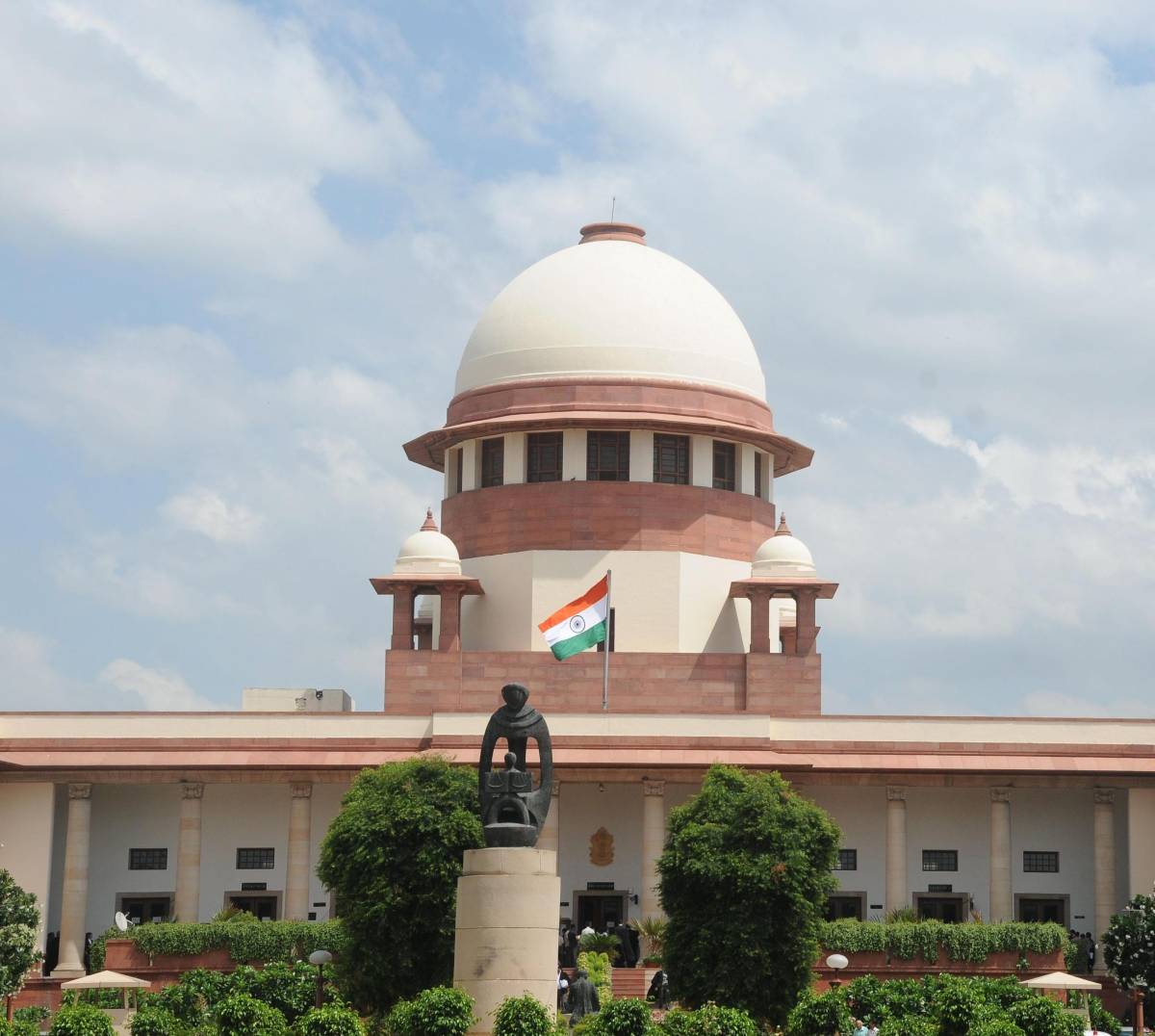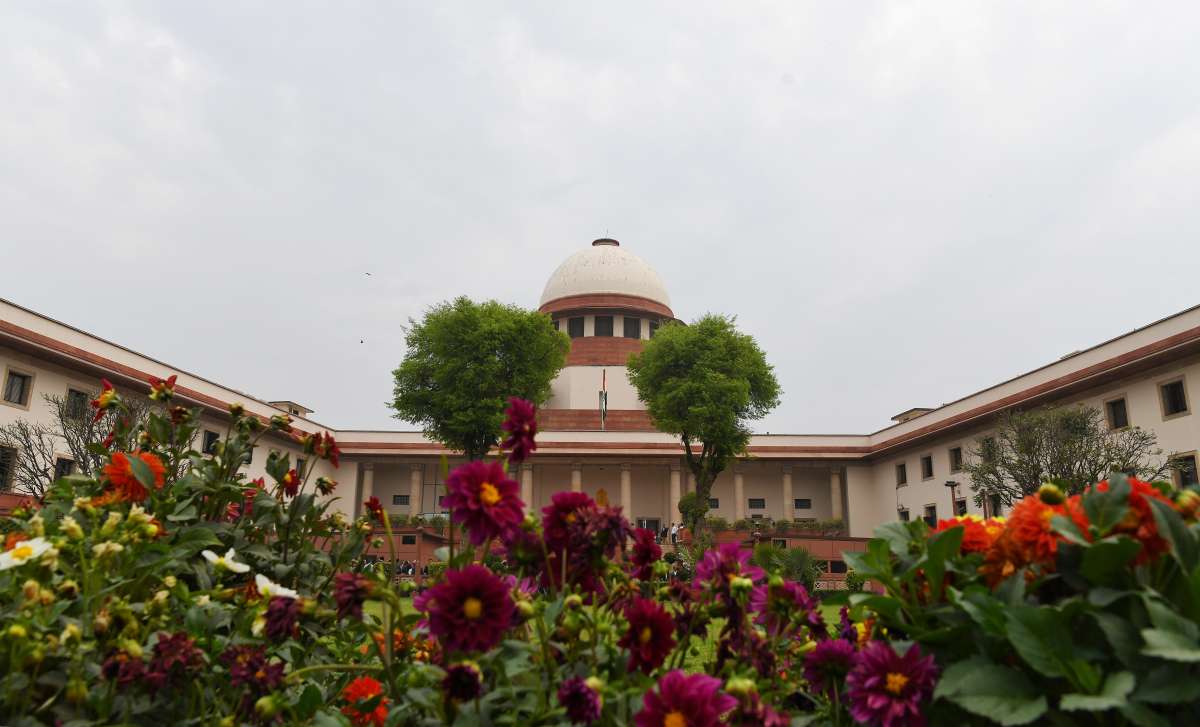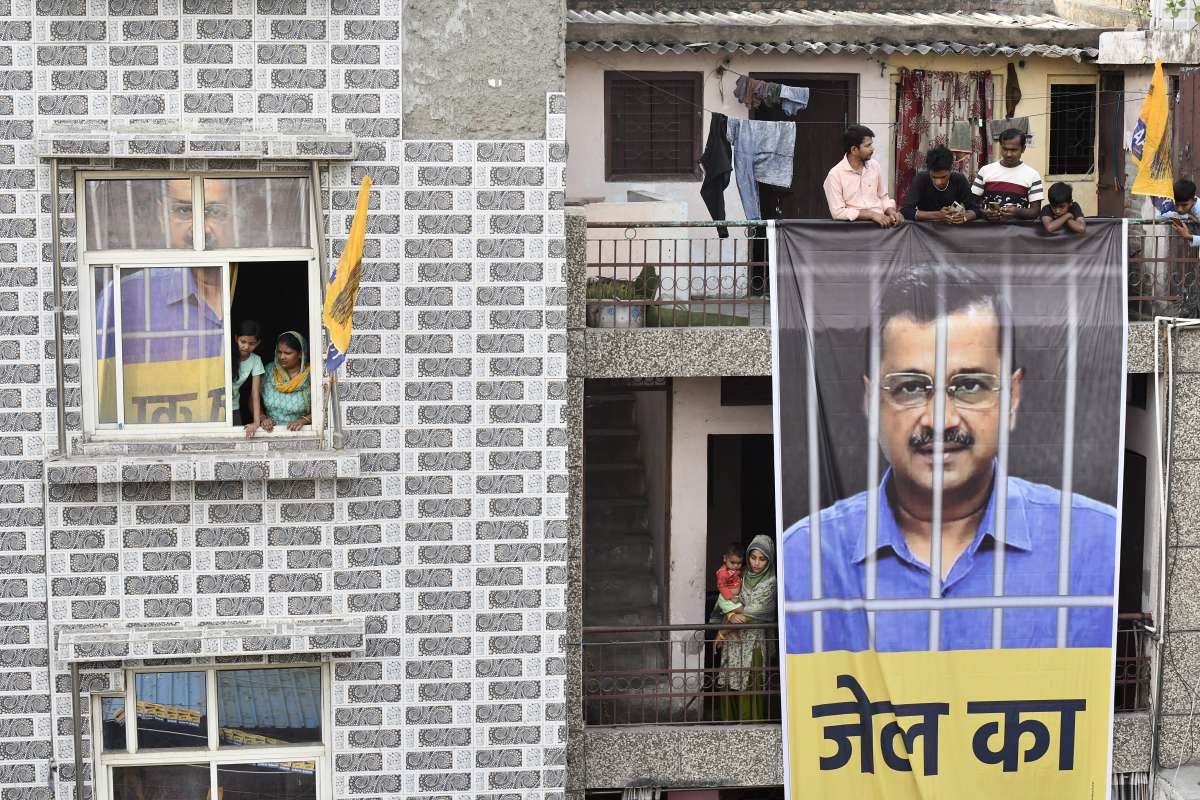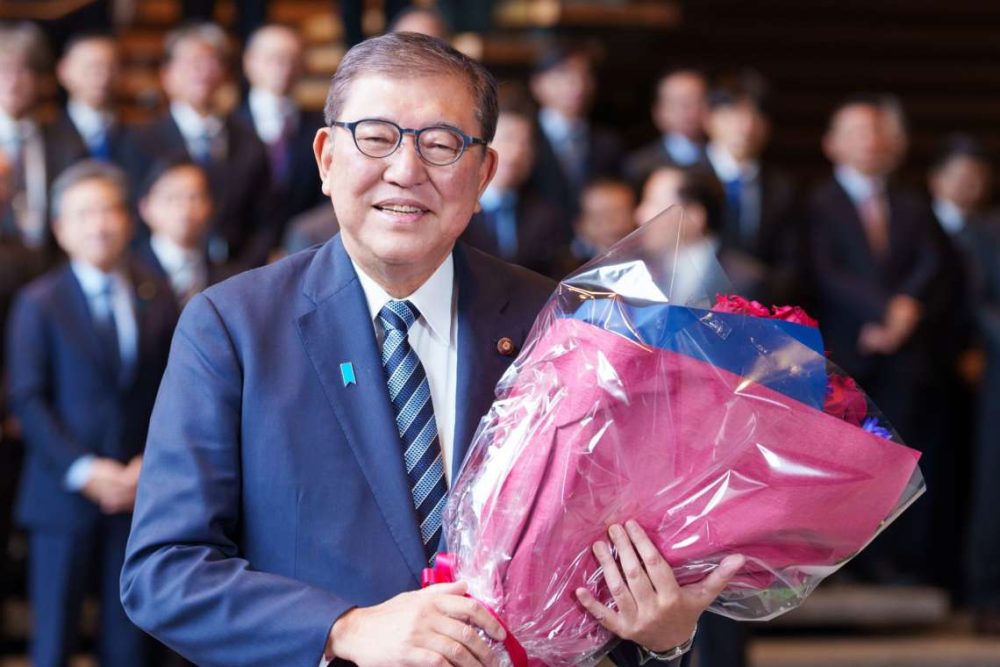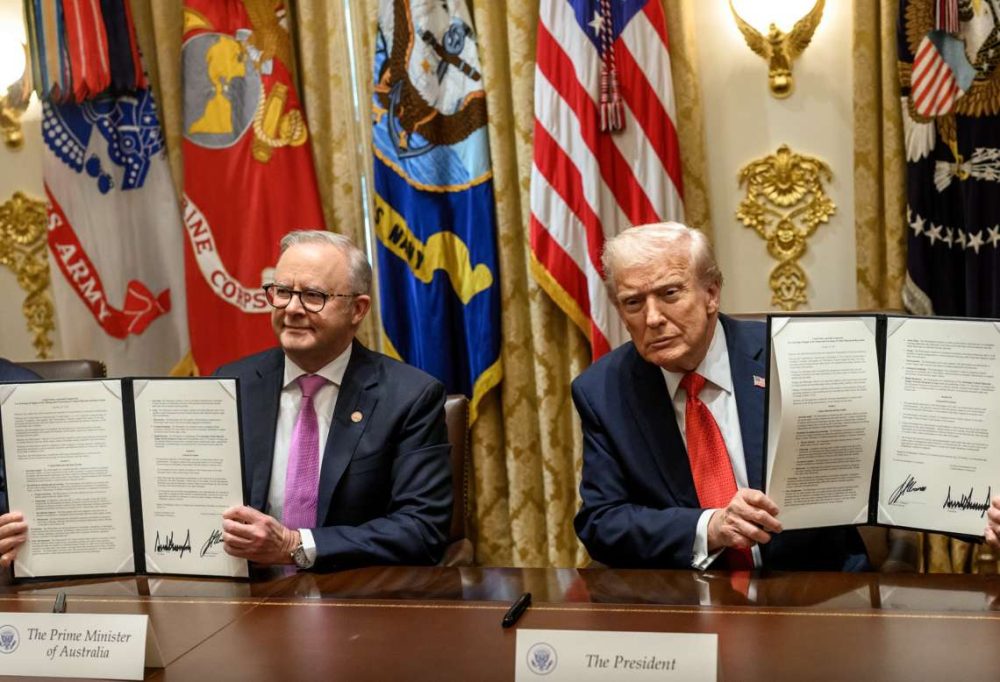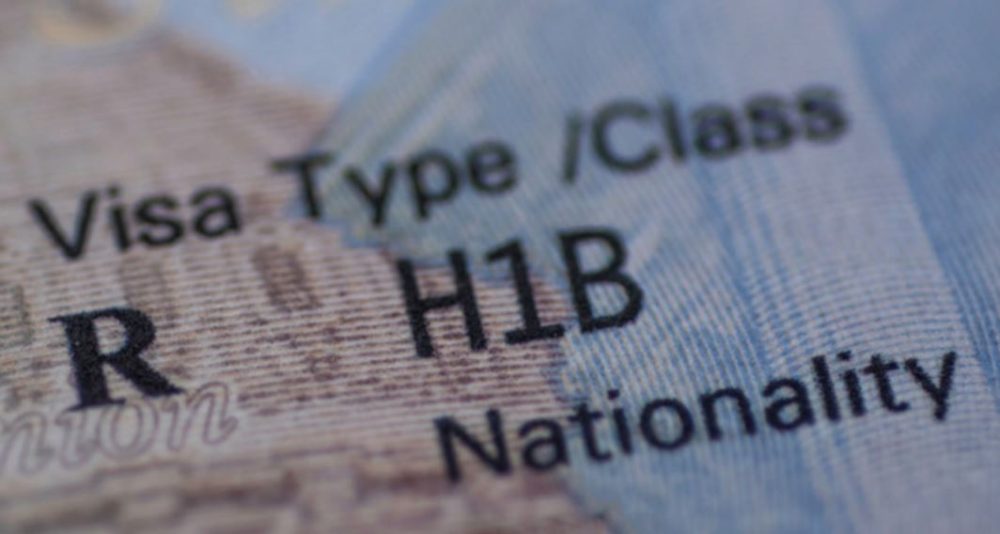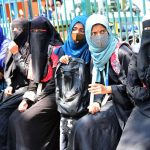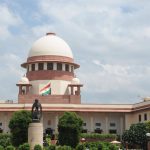Solicitor General Tushar Mehta, representing the Centre, had refused to divulge details whether Pegasus was used or not, stating the information may affect the national security concerns of the country…reports Asian Lite News.
The Supreme Court on Wednesday said it was compelled to take up the cause to determine the truth, as it appointed an independent expert technical committee supervised by a retired top court judge, Justice R.V. Raveendran, to probe the Pegasus snooping allegations.
A bench headed by Chief Justice N.V. Ramana said the court’s effort is to uphold the rule of law, without entering the “political thicket”, and added the alleged use of Pegasus on the citizens of the country, was of “grave concern”.
The bench also comprising Justices Surya Kant and Hima Kohli said while technology is a useful tool for improving the lives of the people, at the same time, it can also be used to breach that sacred private space of an individual.
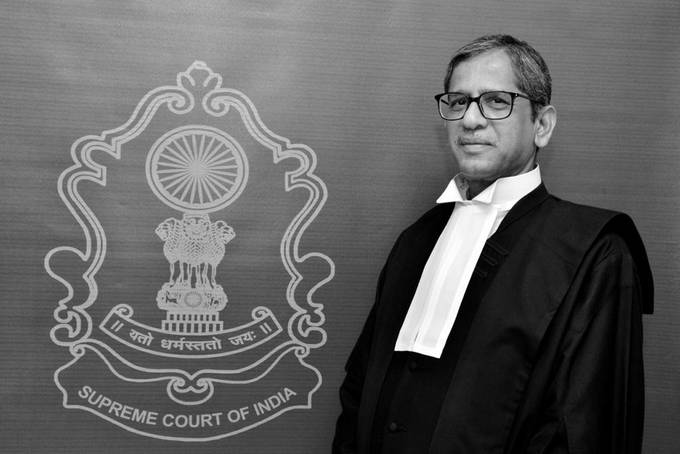
“Privacy is not the singular concern of journalists or social activists. Every citizen of India ought to be protected against violations of privacy”, emphasized the bench, adding this right is directly infringed when there is surveillance on an individual, either by state or any external agency.
Solicitor General Tushar Mehta, representing the Centre, had refused to divulge details whether Pegasus was used or not, stating the information may affect the national security concerns of the country.
The bench said it is a settled position of law that in matters pertaining to national security, the scope of judicial review is limited. “However, this does not mean that the State gets a free pass every time the spectre of “national security” is raised.
National security cannot be the bugbear that the judiciary shies away from, by virtue of its mere mentioning”, said the bench.
The top court said invocation of national security by the state does not render it a mute spectator when foreign governments have seriously taken the purported spyware attack, and some governments have initiated proceedings internally to determine the truth.
“Certain grave allegations of infringement of the rights of the citizens of the country have been raised, assuming great significance. In this light, this court is compelled to take up the cause to determine the truth and get to the bottom of the allegations made herein”, said the bench.
Stating that snooping impacted the right to privacy and freedom of speech, the top court cited several compelling circumstances for it to constitute the committee.
The top court pointed out that documents filed by petitioners, which record certain material, cannot be brushed aside, such as the reports of reputed organisations like Citizen Lab and affidavits of experts. Mehta had suggested that many of these reports areAA motivated and self-serving. However, the top court said such an omnibus oral allegation is not sufficient to desist from interference.
In the absence of the government’s clear stand on snooping allegations, the bench said repeated suggestions made it to file a detailed affidavit in response to the allegations produced no effect on the government, which ended up filing a two-page affidavit.
“There has only been an omnibus and vague denial in the “limited affidavit” filed by the Respondent Union of India, which cannot be sufficient,” said the top court, dismissing Centre’s apprehension that any disclosure on the Pegasus issue would affect national security.
Voicing concern about the protection of journalistic freedom, the bench said the state should not create an atmosphere that has a “chilling effect” on the freedom of the press, which is an assault on the vital public-watchdog role of the press.
Justice Raveendran would oversee the functioning of the technical committee and he will be assisted by Alok Joshi, former IPS officer and Dr. Sundeep Oberoi, Chairman, Sub Committee in (International Organisation of Standardisation/International Electro-Technical Commission/Joint Technical Committee).
The three members of the technical committee are — Dr. Naveen Kumar Chaudhary, Professor (Cyber Security and Digital Forensics) and Dean, National Forensic Sciences University, Gandhinagar, Gujarat; Dr. Prabaharan P., Professor (School of Engineering), Amrita Vishwa Vidyapeetham, Amritapuri, Kerala; and Dr. Ashwin Anil Gumaste, Institute Chair Associate Professor (Computer Science and Engineering), Indian Institute of Technology, Bombay, Maharashtra.
The bench directed the committee to submit its report expeditiously and scheduled the matter for further hearing after eight weeks.
The top court order came on petitions, including by veteran journalists N. Ram and Sashi Kumar, the Editors Guild and individuals, who claimed to be victims of the alleged snooping.
ALSO READ-Dalai Lama’s close aides in Pegasus project data
READ MORE-Mamata meets Sonia; discusses political situation, Pegasus


